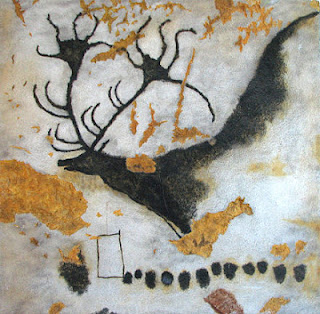 |
| Major Tom |
John Gillespie Magee, Jr. (1922–41) was born in China, to missionary parents—an American father and an English mother. Magee did not get to be old, he died at the very young age of nineteen, but he did get to experience the feeling of getting away, of being alone. Raised in China, educated in both England and the United States, he won a scholarship to Yale, but instead joined the Royal Canadian Air Force in late 1940. He flew in a Spitfire squadron.
He composed this poem on September 3, 1941, while 30,000 feet up; and was killed over the skies of Britain on a training mission three months later on December 11, 1941.
With this thought in mind, here is his poem High Flight:
Oh! I have slipped the surly bonds of Earth[I do not believe the poem is copyrighted.]
And danced the skies on laughter-silvered wings;
Sunward I’ve climbed, and joined the tumbling mirth
of sun-split clouds,—and done a hundred things
You have not dreamed of—wheeled and soared and swung
High in the sunlit silence. Hov’ring there,
I’ve chased the shouting wind along, and flung
My eager craft through footless halls of air….
Up, up the long, delirious, burning blue
I’ve topped the wind-swept heights with easy grace
Where never lark nor ever eagle flew—
And, while with silent lifting mind I’ve trod
The high untrespassed sanctity of space,
Put out my hand, and touched the face of God.
